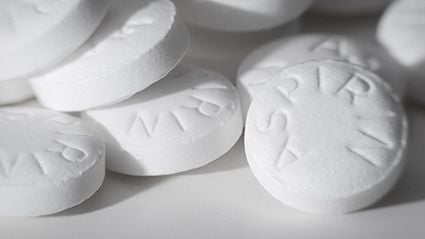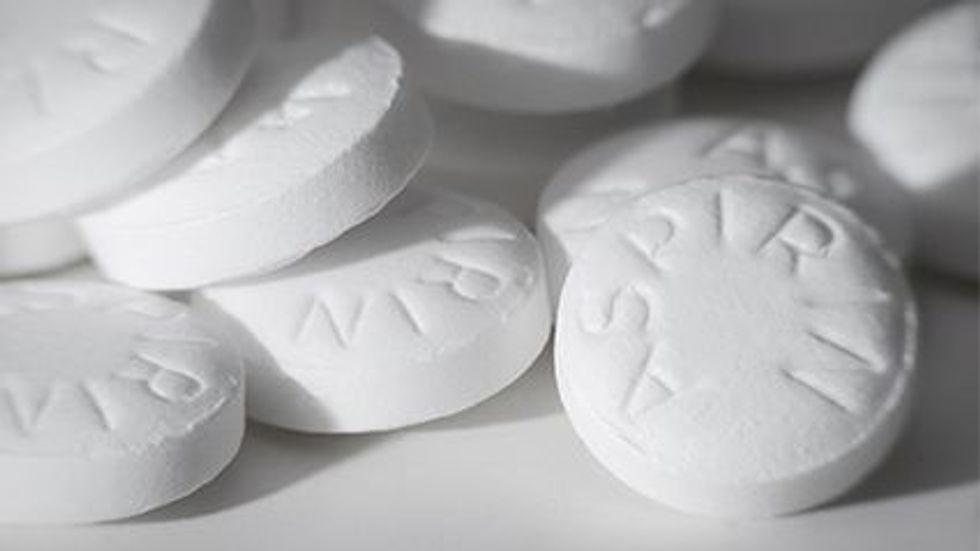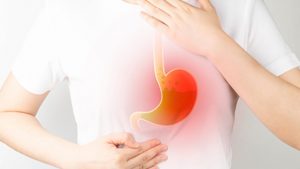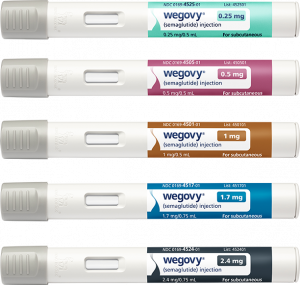
Long-term daily use of aspirin has been known to prevent colon cancer, but up to now it’s been unclear why that is. Now, researchers think they understand how aspirin acts against colon cancer, a new study says. Aspirin appears to boost aspects of the body’s immune response against cancer cells, according to findings published April 22 in the journal Cancer. “Our study shows a complementary mechanism of cancer prevention or therapy with aspirin besides its classical drug mechanism involving inhibition of inflammation,” said lead researcher Dr. Marco Scarpa, a general surgeon with the University of Padova in Italy. For the study, researchers obtained tissue samples from 238 patients who underwent surgery for colon cancer between 2015 and 2019. Of those, about 12% were aspirin users. Tissue samples from aspirin users showed less cancer spread to the lymph nodes, and more aggressive activity of immune cells against tumors, the researchers said. In the lab, they discovered that exposing colon cancer cells to aspirin enhanced the ability of immune cells to alert each other to the presence of tumors. Specifically, immune cells started expressing more of a protein called CD80. In patients with rectal cancer, aspirin users had higher CD80 expression in healthy tissue, suggesting that aspirin enhances the ability of the immune system to seek out and destroy cancer cells, researchers said. The next step will be to… read on > read on >







































